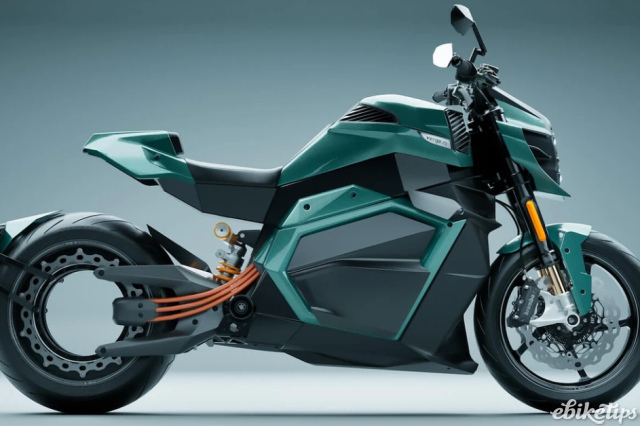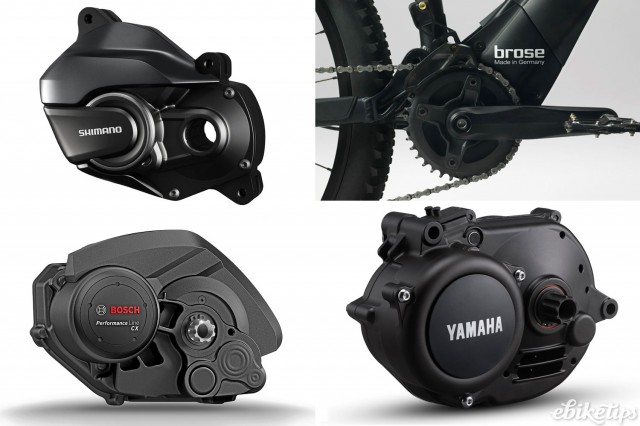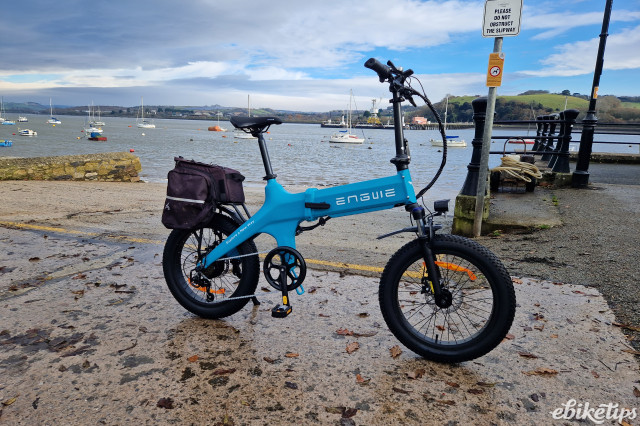Firefighters in London have already tackled more e-bike and e-scooter fires so far in 2023 than they did for the whole of 2022, London Fire Brigade (LFB) data has revealed. The figures also highlight the potential dangers of some DIY e-bike conversions.
Crews in London had already fought 104 e-bike fires and 19 e-scooter blazes by the end of August this year, overtaking the 116 total fires attended last year. This is also higher than in any other year in the capital.
There were 73 e-bike fires in the first six months of 2023, and of these, 40% are believed to have involved a converted e-bike. At least 77% are believed to have involved the failure of the bike’s battery, and at least 41% of the bikes are believed to have been on charge at the time of the fire starting.
> Herefordshire couple kicked off GWR train because of their converted e-bike
Fiona Twycross, deputy mayor for fire and resilience, said the rising number of e-bike and e-scooter fires demonstrates the need for them to be stored and charged safely, as well as being built to required standards.
“That’s why I am continuing to call on the Government to introduce a regulatory framework which can help improve product safety, especially for lithium-ion batteries, and supporting the London Fire Brigade’s #Chargesafe campaign,” she said.
The LFB recently launched its ChargeSafe campaign to raise awareness of the fire risks associated with these batteries. Senior fire officials have also called for regulations and/or standards to be introduced for e-bikes, conversion kits, batteries and chargers, as well as surveillance of online marketplaces.
A ban on ‘universal’ e-bike chargers and safety standards for conversion kits are among the recommendations from charity Electrical Safety First, which earlier this year released a detailed 72-page report called: 'Battery Breakdown - Why are e-scooter and e-bike batteries exploding in people's homes and what can be done about it?'
A coroner has also written to the Office for Product Standards and Safety asking for further safety standards to be introduced following the death of a man in a fire in March, which was believed to have been caused by a faulty lithium e-bike battery which was charging at the time.
In July, Cambridgeshire Fire and Rescue Service warned people not to leave e-bikes and e-scooters charging overnight after a mother and her two children were killed in a flat fire believed to have been caused by a charging e-bike.
LFB deputy commissioner Dom Ellis said: “Unfortunately we are seeing an ever-growing number of fires caused by e-bikes and e-scooters in London, roughly one every two days, and already more this year than we saw in 2022.
“We recognise the environmental benefits they bring to travel in our city, but the stark reality is that some of these vehicles are proving to be incredibly dangerous, particularly if they have been modified with second-hand products or if batteries are used with the wrong chargers.
“Without urgent research into the causes of these battery fires and proper regulation that will help prevent people unknowingly purchasing dangerous products from online marketplaces, such as batteries and conversion kits, we fear we will continue seeing a high level of these types of fires in London.”
> Are e-bike batteries safe? What’s the difference between a safe battery and a fire risk?
Ellis also offered advice to protect people who have no other option but to keep their e-bike or e-scooter inside their property, including never storing the vehicle by your front door, in a hallway, or on any escape route.
“We’ve seen the devastating consequences of what can happen when an exit is blocked by an e-bike fire,” said Ellis. “Instead, keep it in a room where you can shut a door, contain the fire and call 999.
“Never charge your e-bike or e-scooter whilst you are asleep and unplug the charger once the vehicle has finished charging. Please also make sure you are using the correct charger for the vehicle.
“You can also get free tailored advice for your home using our online Home Fire Safety Checker Home Fire Safety Checker (HFSC).”





